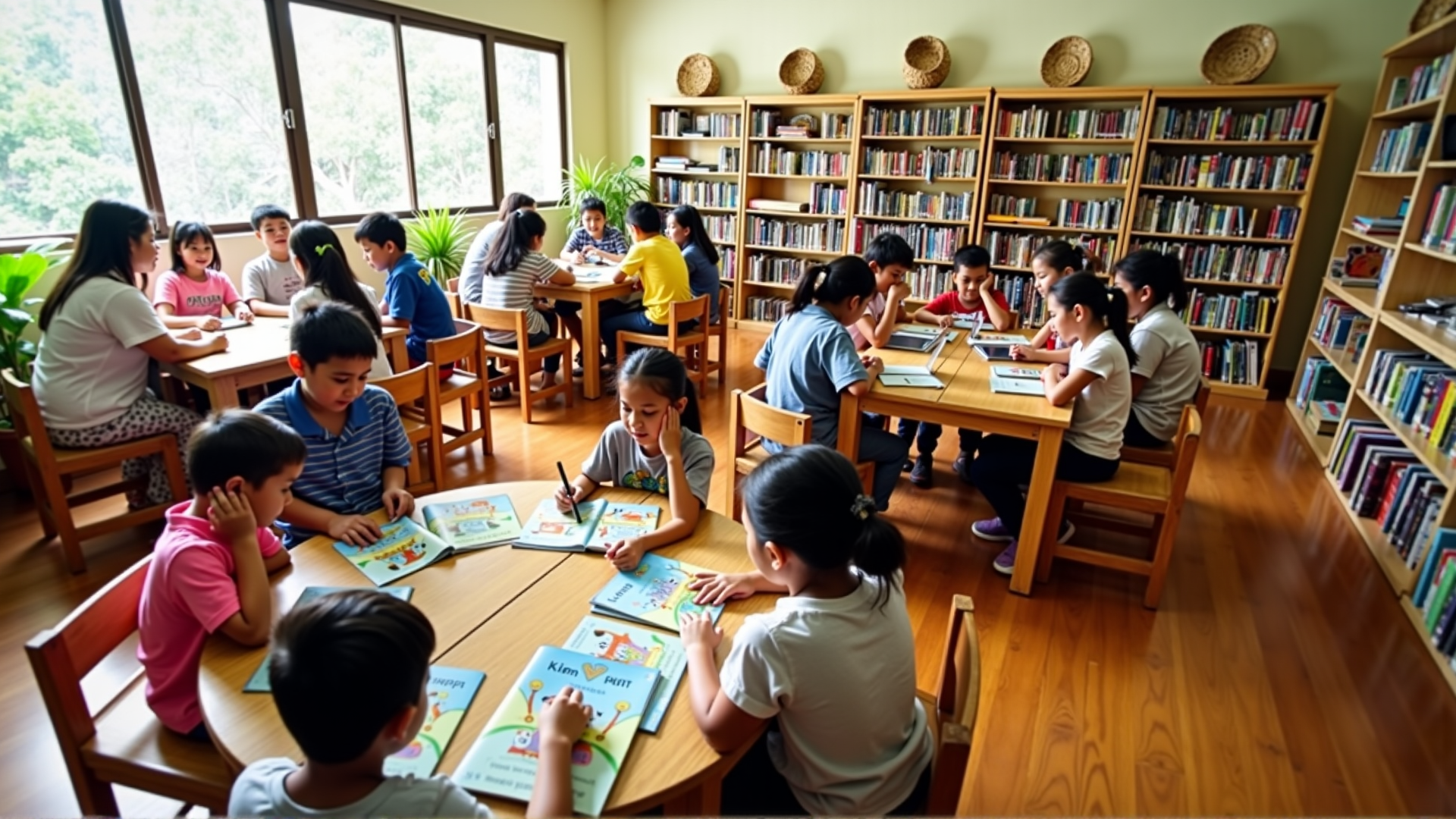Education is a cornerstone of personal and community development, a force that can bridge gaps and open doors for individuals of all backgrounds. By providing educational resources and opportunities to people of all ages, we foster an environment where continuous learning flourishes, creating positive ripples throughout communities.
The importance of accessible education cannot be overstated. It begins by removing barriers and ensuring that learning tools are available to everyone, regardless of location or personal circumstances. A robust education framework spans from early childhood through primary, secondary, and higher education, while also embracing vocational training and adult learning programs.
One approach to fostering this environment is through community learning centers. These centers, strategically placed in neighborhoods, act as hubs where people can gather to learn, share knowledge, and connect with resources. Whether offering mentorship programs, language courses, or digital literacy workshops, these centers serve as catalysts for lifelong learning.
Another vital component is the integration of technology. Digital platforms and online resources have revolutionized how education is delivered, breaking down geographical barriers and allowing individuals to access quality materials at their convenience. Virtual libraries, educational apps, and interactive online courses are just a few examples of how technology can support a culture of learning.
Moreover, partnerships with schools, libraries, and local organizations can amplify the impact of educational initiatives. Collaboration ensures that resources are not duplicated but rather complement each other, creating a network of learning opportunities that everyone can tap into.
Encouraging family involvement in education also plays a pivotal role. Parents and guardians who actively participate in the learning journey set powerful examples for children, showing them the value of knowledge and its transformative power. Community workshops that engage families in educational activities foster a culture where learning is valued across the generations.
Continuous learning is not confined to formal education; it encompasses life skills and personal development. Programs that teach financial literacy, health education, and civic engagement equip individuals with the tools to navigate life’s challenges effectively.
Ultimately, accessible education builds stronger, more resilient communities. With everyone equipped to contribute to society, the collective benefits are immense—ranging from better health outcomes to enhanced social cohesion.
In conclusion, by prioritizing educational access and fostering lifelong learning, we empower individuals to reach their full potential and uplift their communities. The commitment to education becomes a shared journey, one that leads to a brighter, more inclusive future for all.
